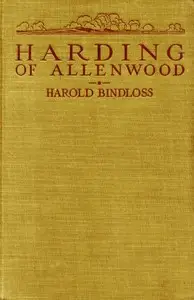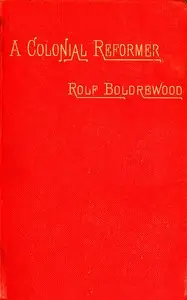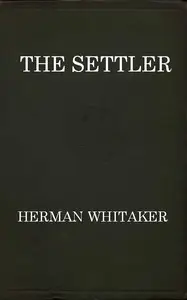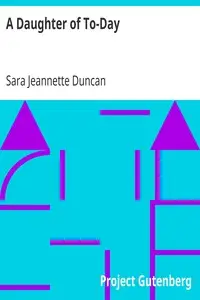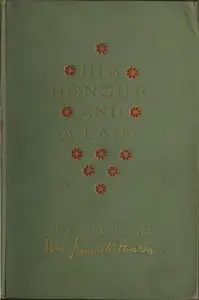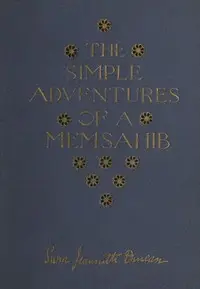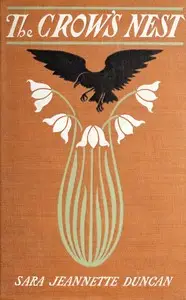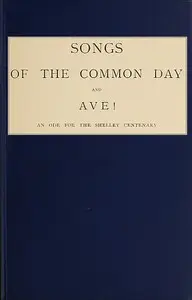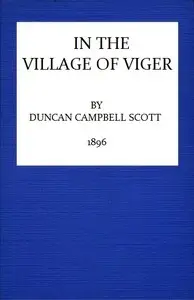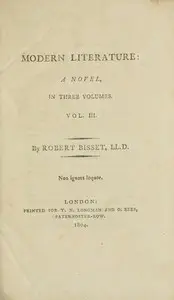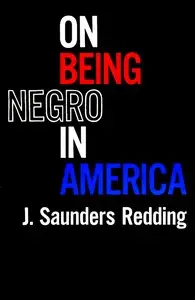"The Imperialist" by Sara Jeannette Duncan is a story that takes place in the quiet Canadian town of Elgin, following the Murchison family, especially Lorne. The book looks at big ideas like colonialism and how society changes, while also showing how hard it can be to balance what you want with what others expect of you. We meet Mother Beggarlegs at the start, a strange seller who fascinates the local children. Young Lorne is kind to her, showing he cares about those who aren't treated well. The town of Elgin itself feels alive, with the Queen's Birthday celebrations influencing everyone. All of this sets up the conflicts to come, as Lorne grows up and tries to make his mark on the world.

The Imperialist
By Sara Jeannette Duncan
A young man from a small town must navigate family expectations, his own dreams, and the changing world around him.
Summary
About the AuthorSara Jeannette Duncan was a Canadian author and journalist, who also published as Mrs. Everard Cotes and Garth Grafton among other names. First trained as a teacher in a normal school, she took to poetry early in life and after a brief teaching period worked as a travel writer for Canadian newspapers and a columnist for the Toronto Globe. Afterward she wrote for the Washington Post where she was put in charge of the current literature section. Later she made a journey to India and married an Anglo-Indian civil servant thereafter dividing her time between England and India. She wrote 22 works of fiction, many with international themes and settings. Her novels met with mixed acclaim and are rarely read today. In 2016, she was named a National Historic Person on the advice of the Historic Sites and Monuments Board of Canada.
Sara Jeannette Duncan was a Canadian author and journalist, who also published as Mrs. Everard Cotes and Garth Grafton among other names. First trained as a teacher in a normal school, she took to poetry early in life and after a brief teaching period worked as a travel writer for Canadian newspapers and a columnist for the Toronto Globe. Afterward she wrote for the Washington Post where she was put in charge of the current literature section. Later she made a journey to India and married an Anglo-Indian civil servant thereafter dividing her time between England and India. She wrote 22 works of fiction, many with international themes and settings. Her novels met with mixed acclaim and are rarely read today. In 2016, she was named a National Historic Person on the advice of the Historic Sites and Monuments Board of Canada.

